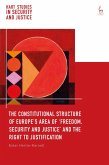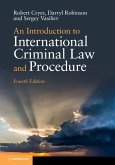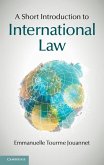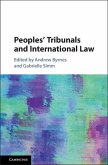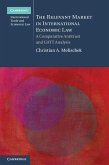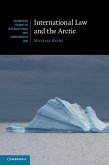The defences available to an agent accused of wrongdoing can be considered as justifications (which render acts lawful) or excuses (which shield the agent from the legal consequences of the wrongful act). This distinction is familiar to many domestic legal systems, and tracks analogous notions in moral philosophy and ordinary language. Nevertheless, it remains contested in some domestic jurisdictions where it is often argued that the distinction is purely theoretical and has no consequences in practice. In international law too the distinction has been fraught with controversy, though there are increasing calls for its recognition. This book is the first to comprehensively and thoroughly examine the distinction and its relevance to the international legal order. Combining an analysis of state practice, and historical, doctrinal and theoretical developments, the book shows that the distinction is not only possible in international law but that it is also one that would have important practical implications.
Dieser Download kann aus rechtlichen Gründen nur mit Rechnungsadresse in A, B, BG, CY, CZ, D, DK, EW, E, FIN, F, GR, HR, H, IRL, I, LT, L, LR, M, NL, PL, P, R, S, SLO, SK ausgeliefert werden.



